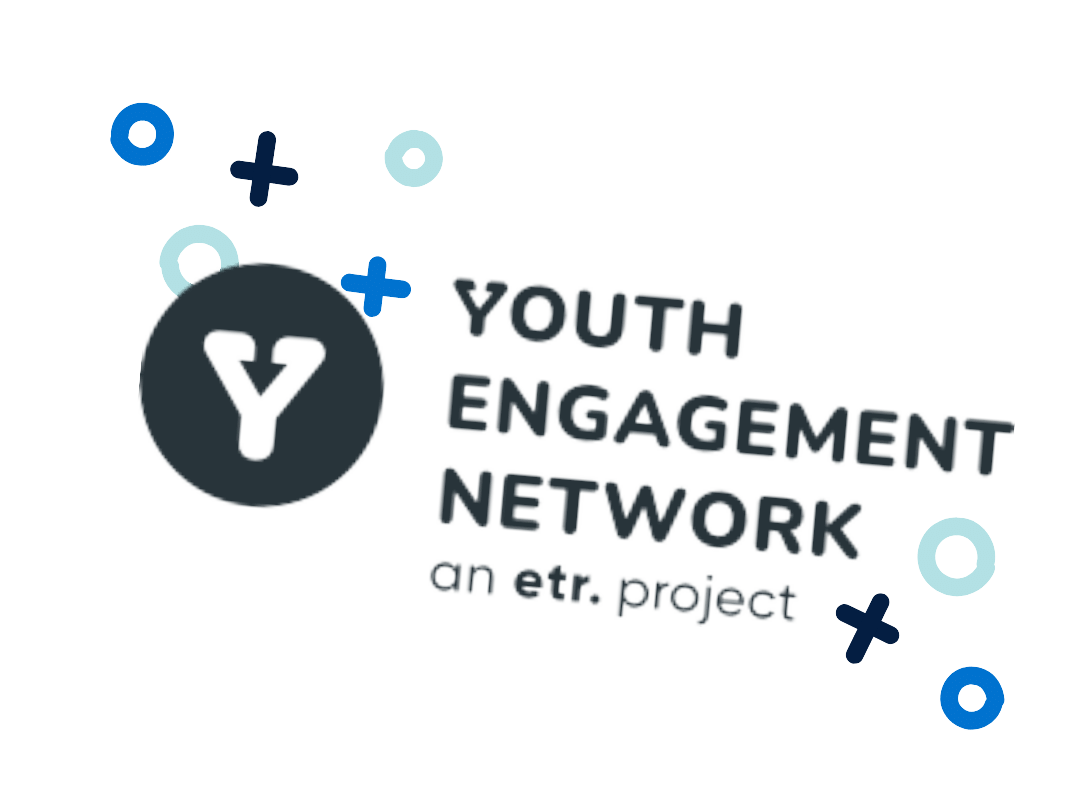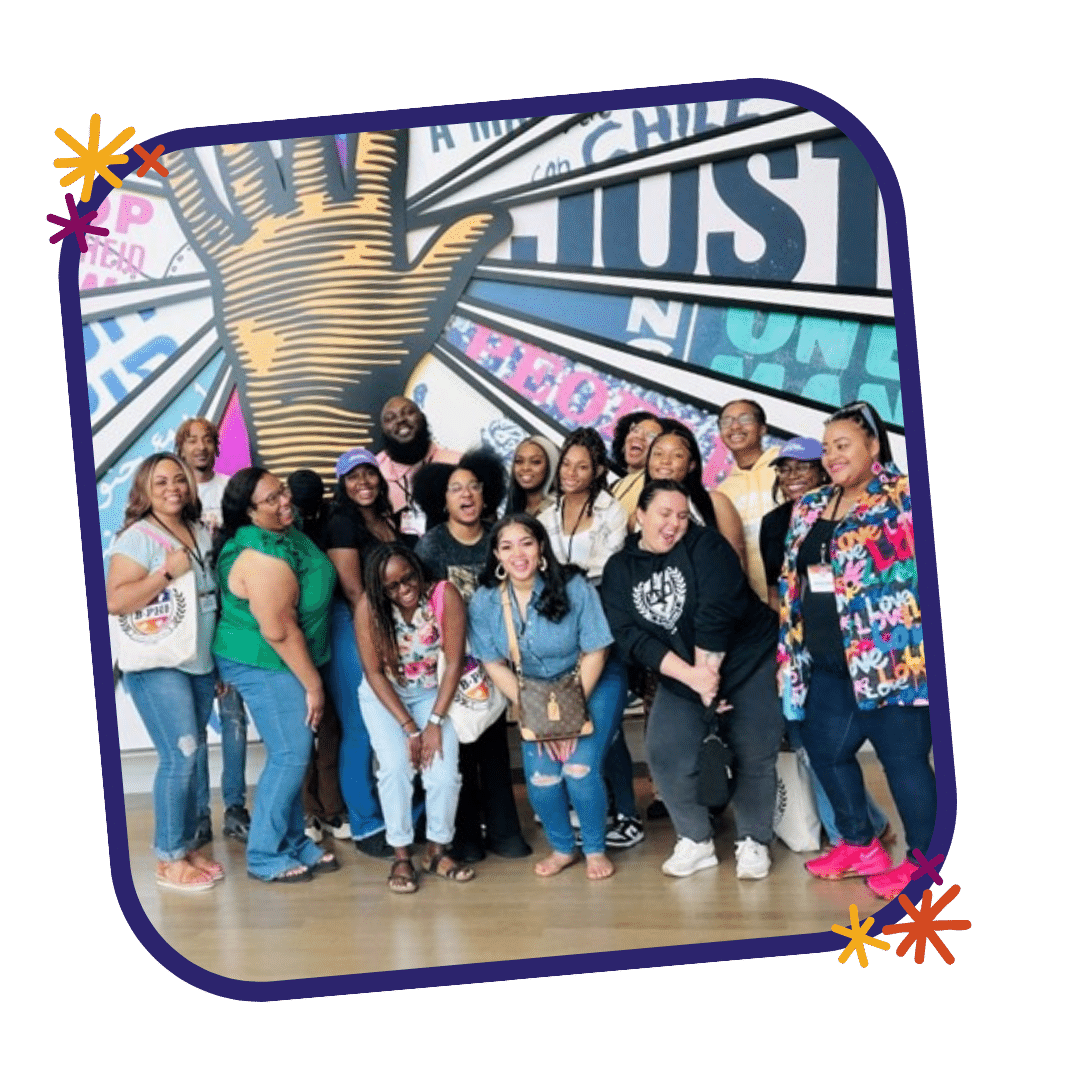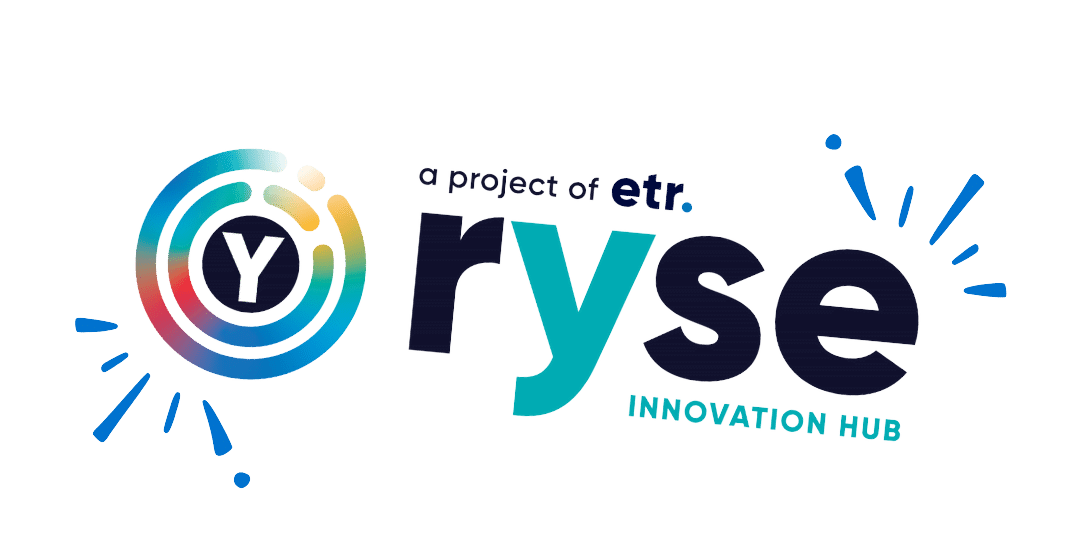Strategies for Youth Engagement and Empowerment in Sexual Health Programs
By Azzia Thompson, MPH, CHES | May 14, 2024
National Adolescent Health Month is an annual reminder to reflect on our youth engagement strategies, along with the importance of meaningful partnerships with young people in creating space for them to share their experiences, skills, and passions to create change in the world.
ETR involves young people in co-creating innovative, science-based health solutions from concept to scale by amplifying their voices, knowledge, and lived experiences. Several current and past ETR projects are focused on building upon the strengths of young people and highlighting their experiences, particularly around access to sexual health education. The youth engagement strategies cited below have been integral to the success of these projects, which I am proud to have been a part of!
Supporting Youth as Researchers
The Youth Engagement Network (YEN), a past project of ETR, focused on strengthening youth engagement in sexual and reproductive health programs. These services promoted optimal health, teen pregnancy prevention, and reducing sexually transmitted infections among marginalized youth.
One of the main research questions YEN desired to answer was, “What is a useful framework for meaningful youth engagement in sexual health programming?” Through a group concept mapping process with both adult and youth participants, we were able to co-create the YEN Principles for Meaningful Youth Engagement.
Our strongest youth engagement strategies involved our youth researchers facilitating listening sessions, refining the descriptions of each principle, along with presenting and vetting findings at national conferences. The development of these principles is a true example of uplifting youth voice and successfully partnering with young people as collaborators.
Uplifting Youth as Influencers
The Black Public Health Influencer Design Fellowship (B-PHI), a project of ETR since 2021, provides an opportunity for Black students of Historically Black Colleges and Universities (HBCUs) to educate and disseminate sexual health information to the public, utilizing social media as a tool.
 As B-PHI Design Fellows, participants get the opportunity to train with ETR staff and community partners within various public health content areas, human-centered design, and social media advocacy.
As B-PHI Design Fellows, participants get the opportunity to train with ETR staff and community partners within various public health content areas, human-centered design, and social media advocacy.
To serve as public health influencers, B-PHI fellows are equipped with the tools and training to design and implement a six-week social media campaign on a sexual health and well-being topic of their choice. Current and previous fellows have had campaigns that reached over 2,000 accounts, and had high levels of engagement via comments, Instagram Live, direct messages and likes.
At the end of each cohort, B-PHI staff and fellows meet in person for a closing retreat, where each fellow shares their campaign story, highlights, and lessons learned. Fellows also participate in a networking panel where local public health, communications, and social media advocacy professionals answer questions and build connections with fellows. These strategies equip B-PHI participants with the necessary skills to become sexual health and well-being influencers, as well as advocates within their own communities and beyond.
Co-creation with Youth as Innovation Advisors
The Reimagining Young People’s Sexual Health Equity (RYSE) Hub at ETR supports Innovation Development Teams (IDTs) in creating programs that center youth voice and are committed to addressing inequities in adolescent sexual health.
A key component of the RYSE Hub is our Youth Innovation Advisors (YIAs), a diverse group of young people dedicated to building the infrastructure of the Hub, along with supporting and providing technical assistance to IDTs to ensure their sexual health innovations are culturally relevant, trauma
sexual health innovations are culturally relevant, trauma informed, and center youth voice.
By implementing components of ETR’s Trauma-Informed Youth-Centered Health Design process, we engage YIAs by facilitating co-creation processes to develop project learning agenda questions and future youth partnership strategies. YIAs will also receive professional development and subject matter expert training opportunities through ETR as the project progresses.
As a youth-centered innovation hub, a primary goal of RYSE is to foster a bi-directional relationship with the YIAs, ensuring that they not only contribute to the goal of the project, but also receive the guidance and support they desire to prepare them for their own careers and interests. To learn more information about RYSE, be sure to check out our website when it goes live on May 28, 2024 at etr.org/ryse!
National Adolescent Health Month emphasizes the importance of building on the strengths of young people, encourages meaningful youth engagement in health activities that directly affect them, and highlights vital topics in adolescent health. This youth engagement work—past, current, and future— showcases ETR’s commitment to improving health and well-being for youth and communities by championing science.
Want More Resources About Youth Engagement Strategy?
ETR is here to support your work with youth and adolescents. Check out more of our resources below!
Learn more about Trauma Informed Youth Centered Health Design on this fact sheet.
The Youth Engagement Network, a project of ETR, compiled resources for professionals on topics like data and evaluation, research and practice, trauma informed and healing centered approaches, and so much more! Browse etr.org/yen/resources for free downloadable resources.
Read the Youth Engagement Network’s Environmental Scan that explores the context, current research, needs, and resources related to youth engagement in sexual health programs and services.
Check out ETR’s 3 in 30 series! 3 in 30s are free webinars where guest experts share 3 actionable tips in 30 minutes on a variety of topics that support youth serving professionals.
Azzia Thompson, MPH, CHES (she/her) is a Project Coordinator II at ETR. Her professional background includes over 9 years of experience in training and coordinating multidisciplinary health education and health care teams, with an emphasis on increasing youth engagement in adolescent sexual and reproductive health programs.




